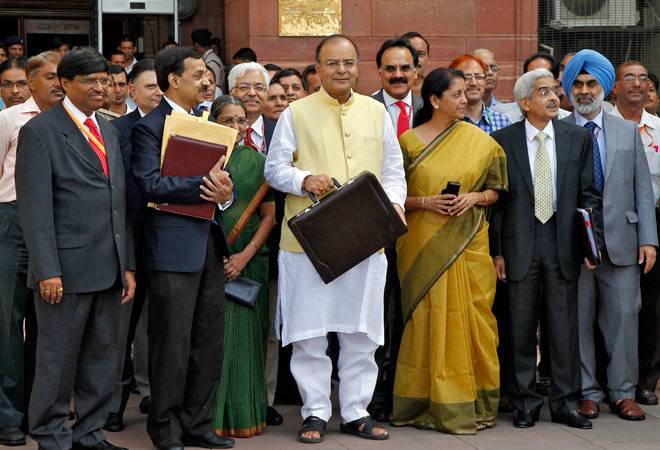After a significant structural change in the indirect taxes (confining over 12 state and central taxes to form GST), the government has now decided to simplify the direct tax regime. In the same regard, the government has set-up a seven-member committee headed by CBDT (Central Board of Direct Taxes) member Arbind Modi. The current income tax act was implemented in 1961 and has been regulating the income tax laws since then.
Eight years ago, Arbind Modi was asked to draft a new direct tax law for the country, however, that could not be implemented. He has been called again by the central government to draft a proposal with the changes, which could simplify the current income tax structure in the country. Arvind Subramanian, Chief Economic Advisor, has also been pitched in as a special and permanent member of the committee.
In 2018, the current government will be presenting last of its full budgets. Ahead of the last budget, this could be another of major structural reforms. Prime Minister Narendra Modi had hinted towards government’s developments in the direct-taxation in September at the annual conference of tax officers. He had said that the current direct-tax laws were implemented over 50 years ago and there is a need for an update.
The central finance ministry has issued a statement announcing the formation of this committee. Apart from Arbind Modi and Arvind Subramanian, the committee includes Girish Ahuja (chartered accountant), Rajiv Memani (Chairman and Regional Managing Partner of EY), Mukesh Patel (Practicing Tax Advocate), Mansi Kedia (Consultant, ICRIER) and G C Srivastava (retired IRS and Advocate).
Arbind Modi has been a veteran in the Indian direct tax regime. He was earlier asked to prepare this new tax code by the UPA government in 2009, however, the proposed draft underwent a number of changes and later, that was not passed by the parliament. The main aim of this committee will be to form a tax code in line with the other countries and to implement the best practices worldwide, while also keeping the current economic situations in India. The final report needs to be submitted within a period of 6 months.
The earlier report of Arbind-Modi led committee had suggested a number of changes including updating the tax frame for individuals. It had suggested a 10% tax on income between 2 lakh to 5 lakh, 20% on income between 5 lakh to 10 lakh and 30% on income over 10 lakh annually. Along with that, it had suggested keeping the corporate tax at 30%.
The current government has already taken a number of measures and repeatedly, Arun Jaitley has suggested that the corporate tax would be lowered to 25%. Also, in the 2017 budget, he exempted individuals with an annual income of less than 2.5 lakhs from taxes and introduced a new 5% tax rate for individuals in the lowest tax slab.
Narendra Modi led government has been working actively on revamping the structural fundamentals of doing business in the country. India recently got a boost on the list of ease of doing business from 130 to 100.

